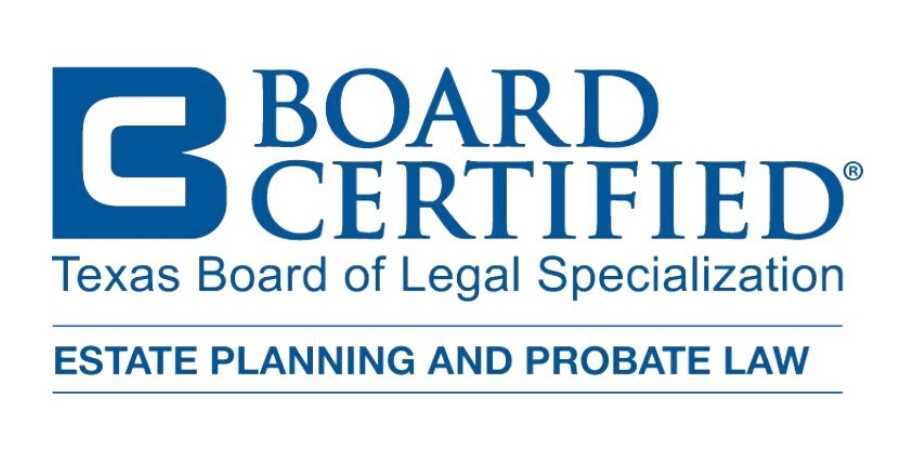Estate Planning After Estate Planning
Keeping up with life's changes

After a divorce is an excellent time to implement an estate plan or to review and amend an existing plan. Once your divorce is final, it is crucial to update your will, living trust, and other estate planning documents. If you have an estate plan, your former spouse probably figured prominently in it. He or she was probably a beneficiary of your will or trust and may have been your executor or trustee. He or she may also have had your financial and health care powers of attorney. Even if your divorce voided these arrangements (as it does in some states), you want to amend your plan to replace your former spouse or confirm that you want your ex’s role in your plan to remain unchanged.
If you have retirement accounts or life insurance, you may have named your spouse as the beneficiary. If your divorce cancelled the beneficiary designation and you don’t have an alternate beneficiary, your estate will be the beneficiary, which may be undesirable if you intend to avoid probate or minimize taxes. If your divorce did not affect your beneficiary designations, your ex is legally entitled to the asset when you die despite the divorce.
Estate Planning is for Everyone
Remember, you don’t have to be extraordinarily wealthy to need a plan that ensures your property is passed on to your loved ones as quickly and inexpensively as possible. You’ll also want to make sure your wishes regarding end-of-life medical care are followed regardless of how much money you have.
Estate planning has five major purposes, one or more of which doubtless applies to you.
With a good estate plan, you can:
1. Designate how your assets are to be distributed among beneficiaries after you die.
2. Avoid or minimize the delays and expense of probate.
3. Appoint a guardian for your minor children and a person to manage the children’s assets.
4. Provide for your incapacity.
5. Minimize estate taxes.
Distribution of Your Property
If you die without an estate plan, the state will provide a plan for you. Every state has an intestacy statute that specifies who gets your property if you die without a will or other documents for passing your property. The statute is a “one size fits all” plan that attempts to predict how most people would like their property distributed. Typically, your property would go partly to your spouse with the rest to your children in equal shares. If you don’t have a spouse or children, your property would go to other relatives such as parents or siblings.
This plan may not be suitable in many instances. For example, you may want to:
· Leave unequal shares to your children because they have different needs or you have already provided more help to one during your life.
· Ensure that property left to minor children will be properly managed or will not be managed by their other parent (your ex-spouse).
· Ensure that property left to a second spouse will go to your children from an earlier marriage on the spouse’s death, rather than to the spouse’s children or relatives.
· Disinherit a child.
· Leave your estate to a life partner to whom you are not married.
· Leave a gift to a grandchild, more distant relative, or friend.
· Leave a contribution to charity.
All of these goals require estate planning.
Avoiding Probate
Probate, the court supervised process of distributing your estate, can be time-consuming and expensive. You can minimize the assets that need to pass through probate or eliminate probate altogether by using certain devices such as:
· Living trusts
· Joint tenancies.
· Bank accounts jointly owned with a right of survivorship or payable on death.
· Life insurance payable to a beneficiary other than your estate or executor.
· Retirement plans (e.g., IRA’s, pensions, and Keoghs).
Providing for Minor Children
If you have minor children, you will want to name a guardian to care for them in the event of your death. Although a court will need to appoint the guardian, most courts will follow your wishes in the absence of a compelling reason not to.
As a divorced person, should you die first, your ex-spouse will get custody of your children, unless he or she is clearly unfit. This is true even if you had full legal custody and your will names someone else as their guardian. If you don’t believe your ex-spouse is an appropriate person to have custody of your children, speak to your lawyer. You will want to document your concerns in your will or a letter and preserve any evidence you have of your ex-spouse’s unsuitability. The court will consider this material in making a decision. Minors can’t be given property outright. You will need to designate someone to manage your children’s property until they are adults and able to manage it themselves. As a divorced person, a will leaving everything to your children may not accomplish your goals. Since your ex will usually become the legal guardian of your children, he or she will control the property your children receive from your will. If you are not comfortable with this situation, you can establish a trust for your children and name a trustee to manage and distribute the property according to your wishes.
Preparing for incapacity
In your estate planning documents, you can designate someone to manage your financial affairs should you become unable to do so. You can also specify how your incapacity is to be established. With the proper documents in place, you will save your family the expense and stress of having to go to court to get guardianship. You can designate a person to make medical decisions for you when you no longer can. And you can provide written guidelines for that person as to what type of end-of-life treatment you want.
Keeping up with life’s updates
Remember that estate planning is not a one-time event. Once you have your initial plan and documents in place, you and your estate planning attorney will need to review them periodically and revise them as necessary for changes in your financial or family circumstances or the law, especially when you have significant life changing events.
If you would like to hear more about how our firm can help you plan for the future, contact us today. We would love to help.
We provide estate planning services to clients throughout South Texas. Please contact us today, we are happy to share our expertise with you so you can make the best decisions for passing on your financial legacy. We are available in person, by appointment or by Zoom. In South Texas, call us at 956-791-5422.
























